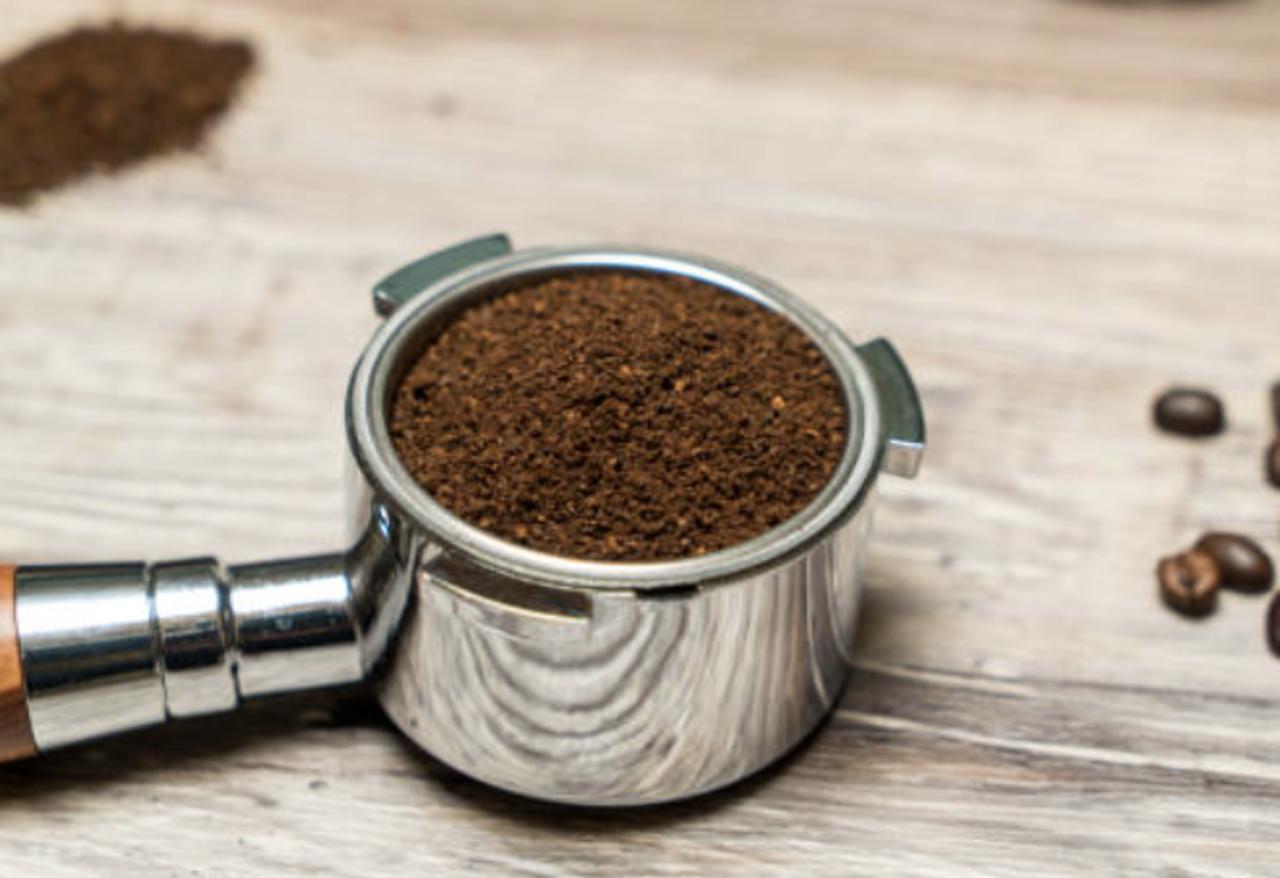
These Are the Reasons , Coffee Can Sometimes , Make You Tired.
While the caffeine in coffee can certainly provide an energy boost, it is also classified as a drug.
Caffeine can affect people differently depending on a number of factors, including how much is consumed.
The paradox of caffeine is that in the short term, it helps with attention and alertness.
It helps with some cognitive tasks, and it helps with energy levels, Dr. Mark Stein, University of Washington, via 'The New York Times'.
But the cumulative effect — or the long-term impact — has the opposite effect, Dr. Mark Stein, University of Washington, via 'The New York Times'.
Researchers point out that caffeine masks the accumulation of "sleep pressure" in a person's body.
Sleep pressure refers to the body's need to return to sleep as the day carries on.
Once caffeine wears off, you get a very high level of sleep pressure, and you have to pay it back, Dr. Seth Blackshaw, Johns Hopkins University, via 'The New York Times'.
If you’re sleeping less and you’re stressed, and you rely on caffeine to improve it, , Dr. Mark Stein, University of Washington, via 'The New York Times'.
... it’s just a perfect storm for a short-term solution that’s going to make things much worse in the long term, Dr. Mark Stein, University of Washington, via 'The New York Times'.
You’re going to be adding more shots to your espresso, but the negative impact on your sleep is going to continue, and that is cumulative, Dr. Mark Stein, University of Washington, via 'The New York Times'.
Researchers say that remaining attentive to the amount and quality of one's sleep works to avoid the negative affects of caffeine dependence.
Monitor your sleep and make sure you’re sleeping well, Dr. Mark Stein, University of Washington, via 'The New York Times'.
Adequate sleep and physical activity are the first-line interventions for attention problems and sleepiness.
, Dr. Mark Stein, University of Washington, via 'The New York Times'.
Caffeine is a useful adjunct, but you don’t want to become dependent on it, Dr. Mark Stein, University of Washington, via 'The New York Times'
